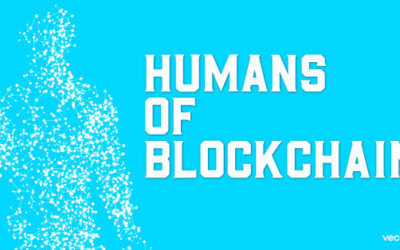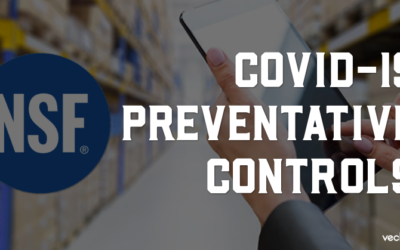A group of proactive community developers seek to create their own open-source plugin for VeChain.
Since Totient exited the ecosystem, Comet, the previous plugin, has been a major headache for platform developers. The “End-of-life” plugin no longer has developers actively upgrading, marketing, or preventing security flaws from exploiting it. For a cryptocurrency wallet and blockchain interface, this presents a security threat to users, despite the high quality of design that went into it originally.
This leaves dApp creators with two choices, either develop their own, or force users to download Sync, a secure web-browser built on Chromium, the open-source software behind Google Chrome. Sync is a great solution, but it is a lot to expect new users to download an entire web browser just to try out a dApp.
Stuck without a great solution, a few community developers decided to take the initiative. After receiving a quote from a professional development team, they began sharing a VeChain address in the VeChain Devs Telegram group, where a number of projects, such as Plair, Safe Haven, and Veriarti expressed their interest in a product like this. Within 2 hours, the generosity of the community had spoken, and the project had been fully funded. This response shows that belief in the future of the ecosystem is strong among the developers building on it, and those involved are willing to cooperate for the greater good.
This puts the community in charge of their own tools. An open-source nature means that anyone can contribute source code, and anyone can inspect the source code to ensure the security. The plugin will have the chance to grow with the community projects, implementing new features as the need arises. As the progress continues, the team behind it plans to keep the community updated, and even allow them to help with the naming process.
However, it’s worth mentioning there are still many risks associated with this. Open source projects that aren’t actively maintained are easy for hackers to exploit, with potential vulnerabilities in source code transparent for all to see. Cryptocurrency wallets are a major point of weakness for the decentralized technology, and putting it into the hands of an uncoordinated group of individuals could cause problems down the line. The initiators behind this will have a great responsibility making sure that professional security standards are adhered to.
For users, the ideal solution is to practice rational token management, by storing tokens in secure offline wallets, and using browser plugins only for active use. Never import the private keys of important wallets or node wallets into unsecured wallet browsers.





